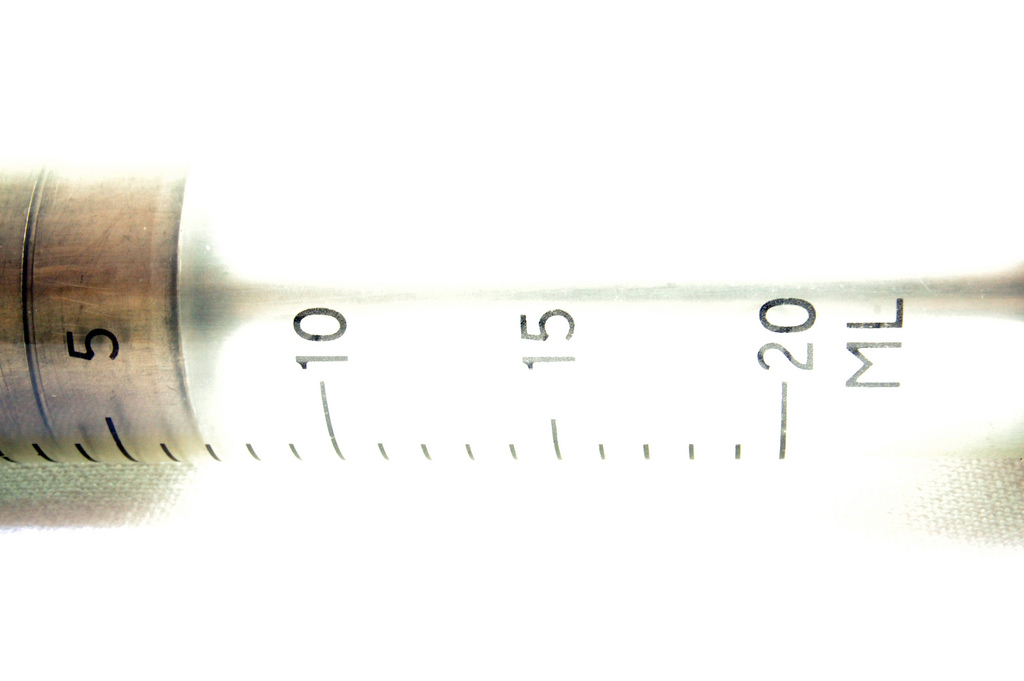The White House has published a report lambasting ‘voodoo science’ and challenging the validity of forensic evidence techniques used everyday in US courts and that have been responsible for ‘countless’ convictions.
The study by the President’s Council of Advisors on Science and Technology (PCAST) examined forensic disciplines including DNA, fingerprint, bite mark, firearm, footwear and hair analysis. It concluded by urging the National Institute of Standards and Technology to evaluate the ‘foundational validity’ of forensic disciplines and calling on further essential research to be able to ensure accurate results.
Writing for the Wall Street Journal, Alex Kozinski, an appeal judge and a senior adviser to PCAST, argued that ‘countless’ US prisoners might have been convicted on the basis of unreliable or fabricated forensic science. ‘The U.S. has an abiding and unfulfilled moral obligation to free citizens who were imprisoned by such questionable means,’ he said. ‘If your son or daughter, sibling or cousin, best friend or spouse, was the victim of voodoo science, you would expect no less.’
According to Kozinski, only ‘the most basic form of DNA analysis’ was ‘scientifically reliable’; some forensic methods had ‘significant error rates’ and others were ‘rank guesswork’. Bitemark analysis was ‘about as reliable as astrology’. ‘Yet many unfortunates languish in prison based on such bad science,’ he added.
‘Americans have long had an abiding faith in science, including forensic science. Popular TV shows like “CSI” and “Forensic Files” stoke this confidence. Yet the PCAST report will likely upend many people’s beliefs, as it should. Why trust a justice system that imprisons and even executes people based on junk science?’
Judge Kozinski
The study has been welcomed by the Innocence Project which was established in 1992 in New York by Barry Scheck and Peter Neufeld. ‘Typically, we’ve had a situation where two scientifically untrained lawyers have argued the bonafides of scientific evidence before a scientifically untrained judge so that 12 scientifically untrained jurors could decide the weight of that evidence,’ commented Neufeld. ‘This PCAST report will replace that with the tools that will allow judges to be more rigorous in the way they evaluate scientific evidence.’
Concern was expressed about the accuracy of testimony before criminal courts. PCAST has called on the attorney general to limit testimony and reports to those that can be shown to be scientifically valid. The study also urged judges to exercise their gate-keeping function and scrutinise the absence of relevant empirical studies when deciding the admissibility of expert testimony before the court.
The working group issuing the report, which includes some of the USA’s leading scientists and engineers, focused on analysing forensic methods that are currently used to identify subjects based on evidence found at crime scenes. They then conducted a detailed review of the existing research on these methods to decide if the use of the discipline in a particular case meets ‘scientific standards reliably applying the discipline’s principles and methods’.
Significantly, the usefulness of bite mark analysis was particularly called into question, with the study concluding that was is unable to provide consistent and accurate results and was unlikely, even with additional research, to be successfully developed into a scientifically valid method. DNA analysis of single-source and simple-mixture samples was highlighted as a strong example of the proper establishment of scientific validity; however, even though existing research in this area was promising, extensive additional research was still needed. The report also recommended additional research on the analysis of firearms, noting there has only been one relevant study on its accuracy and reliability.
The has been met by protests from prosecutors and law enforcers, who emphasise that the findings will make securing convictions harder. The study has been criticized by influential sources including Attorney General Loretta Lynch, who has declined to accept the report’s recommendations on the admissibility of evidence, and the FBI, who released a statement accusing the advisors of making ‘broad, unsupported assertions’.
The National District Attorneys Association, which represents around 2,5000 prosecutors across the US, also attacked the report’s findings. According to the group, the forensic science technique that the PCAST authors ‘attack’ (their words) ‘ are (and have been) reliably used every day by investigators, prosecutors, and defense attorneys across the US to aid in both exonerating the innocent and convicting the guilty’. ‘The PCAST position regarding the use of forensic science is scientifically irresponsible,’ it continued. ‘Adopting any of their recommendations would have a devastating effect on the ability of law enforcement, prosecutors and the defense bar, to fully investigate their cases, exclude innocent suspects, implicate the guilty, and achieve true justice at trial.’
You can download the report here.






